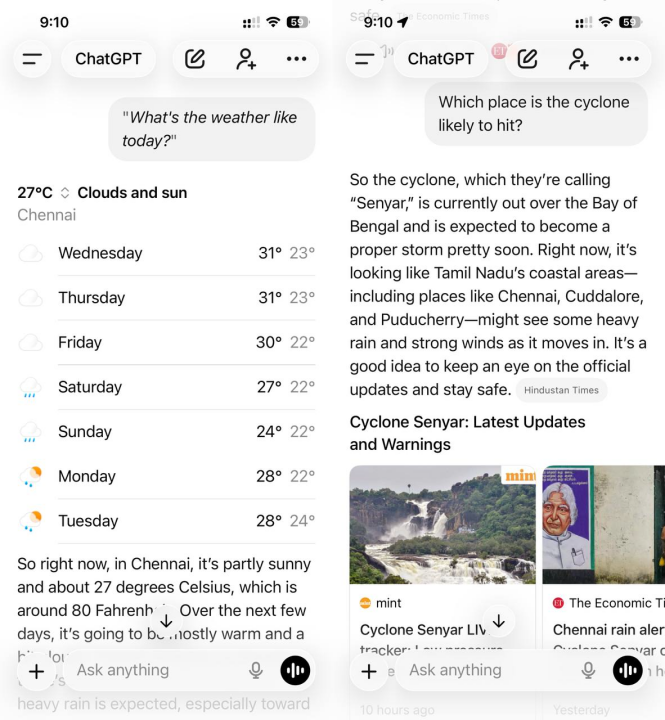YouTube is testing "Your custom feed", a way to let users personalize their home feed
NeutralArtificial Intelligence
- Google is testing a new feature called "Your custom feed" on YouTube, which aims to allow users to personalize their home feed. This initiative is part of the platform's efforts to address ongoing concerns regarding the organization and relevance of content recommendations, which have been criticized for their inconsistency.
- The introduction of this feature is significant for YouTube as it reflects the company's commitment to enhancing user experience and engagement. By enabling users to tailor their content feed, YouTube hopes to improve satisfaction and retention among its audience.
- This development is part of a broader trend within YouTube to enhance user interaction, as evidenced by its ongoing attempts to implement direct messaging features. The focus on customization and user engagement highlights the platform's response to user feedback and the competitive landscape of digital content platforms.
— via World Pulse Now AI Editorial System




